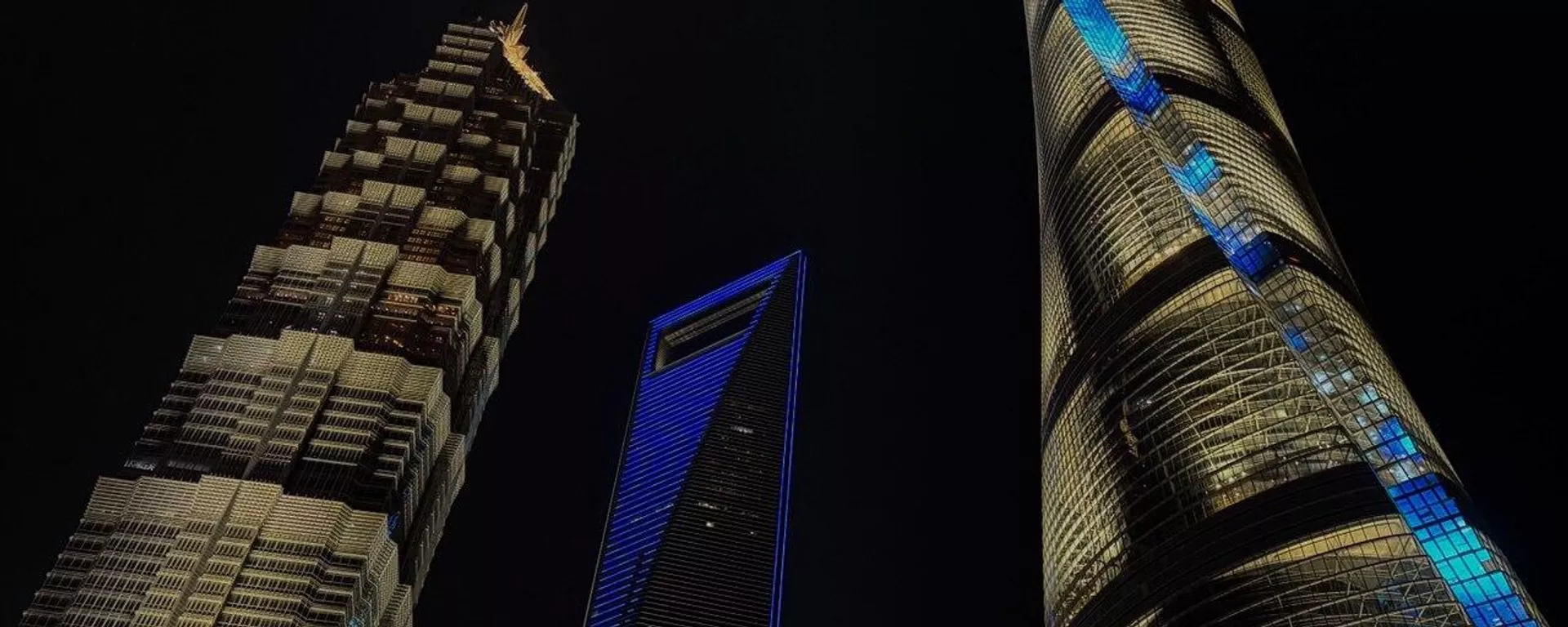President-elect Donald Trump flew in for the launch in the latest sign of his deepening bond with Elon Musk, SpaceX's founder and CEO.
SpaceX has launched its sixth test flight of its Starship rocket from the Starbase launch site in Boca Chica, South Texas.
Unlike last month’s success, however, the booster was directed to a splashdown in the Gulf of Mexico rather than back on land. No reason has yet been given as to why it was not caught by the launch site.
SpaceX spokesman Dan Huot simply said that not all of the criteria for a booster catch was met and so the flight director did not command the booster to return to the site.
At the same time, the empty spacecraft launched from Texas atop Starship soared across the Gulf of Mexico on a near loop around the world similar to October’s test flight.
It was the sixth test for the world’s biggest and most powerful rocket that SpaceX and NASA hope to use to get astronauts back on the moon and eventually Mars.
SpaceX kept the same flight path as last time, but changed some steps along the way as well as the time of day. Starship was launched in late afternoon instead of early morning to ensure daylight to see the spacecraft’s descent.
Among the new objectives that were achieved was the igniting one of the spacecraft’s engines in space, which would be necessary when returning from orbit.
There were also thermal protection experiments aboard the spacecraft, with some areas stripped of heat tiles to see whether catch mechanisms might work there on future flights.
And the spacecraft descended nose-first during the last part of entry, before flipping and splashing down upright into the Indian Ocean. Even more upgrades are planned for the next test flight.
SpaceX wants to eventually return and reuse the entire 121 metre Starship. Full-scale recycling would drive down the cost of hauling cargo and people to the moon and Mars, while speeding things up. The recycling of SpaceX’s Falcon rockets flying out of Florida and California has already saved the company time and money.
NASA is paying SpaceX more than $4 billion (€3.79 billion) to land astronauts on the moon via Starship on back-to-back missions later this decade. Musk envisions launching a fleet of Starships to build a city one day on Mars.
This was the sixth launch of a fully assembled Starship since 2023. The first three ended up exploding.

 5 months ago
43
5 months ago
43






 We deliver critical software at unparalleled value and speed to help your business thrive
We deliver critical software at unparalleled value and speed to help your business thrive






 English (US) ·
English (US) ·